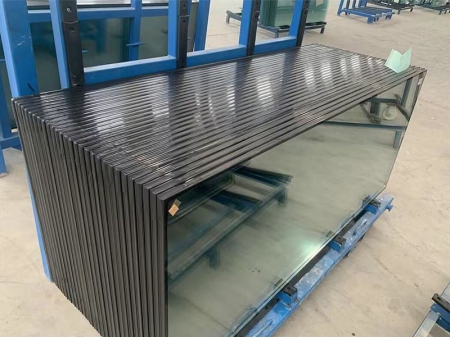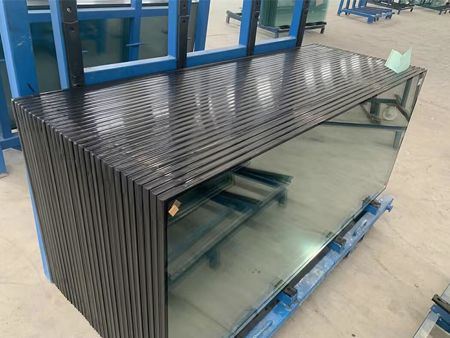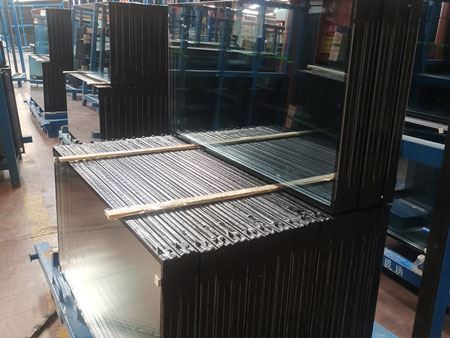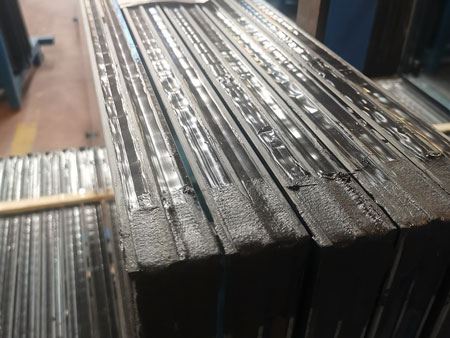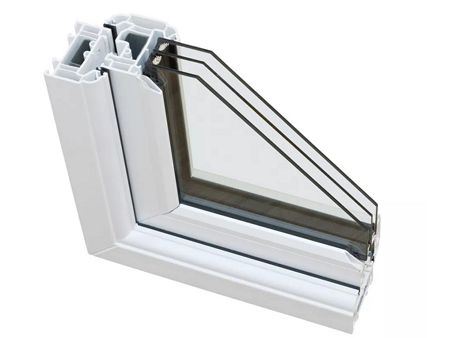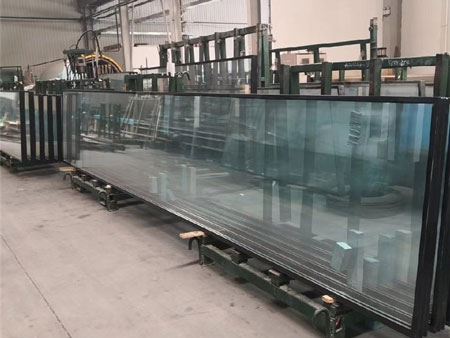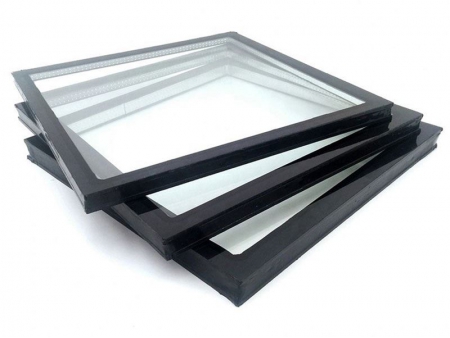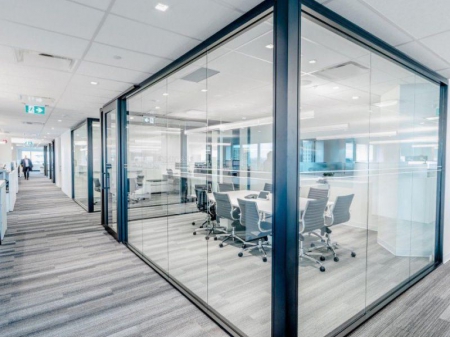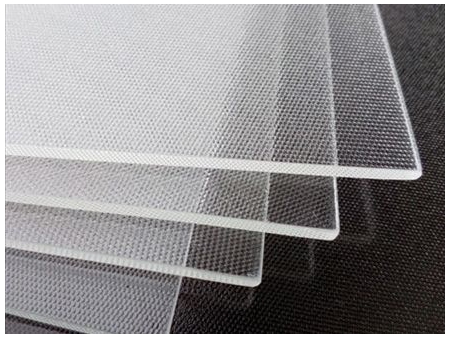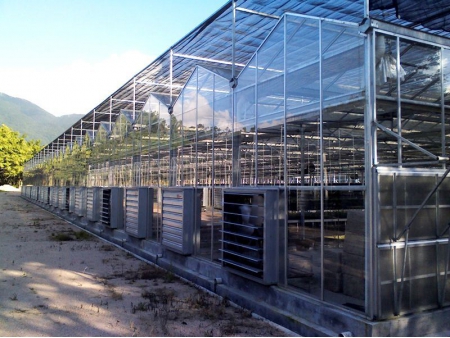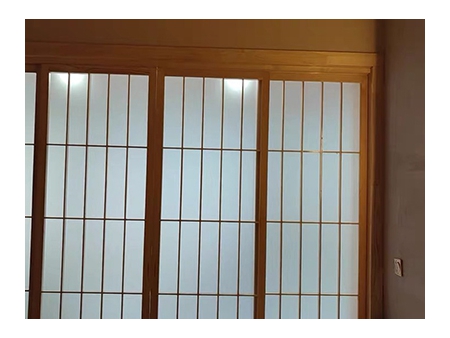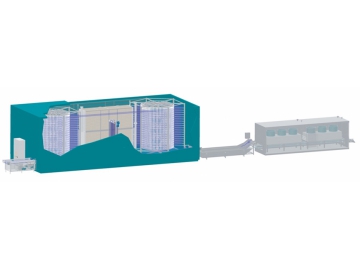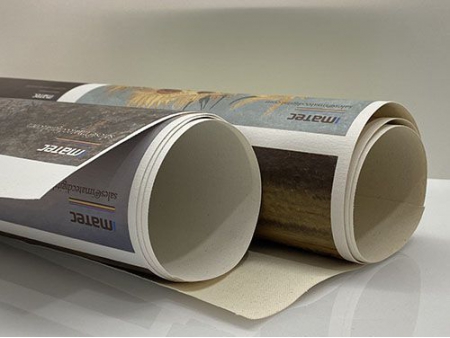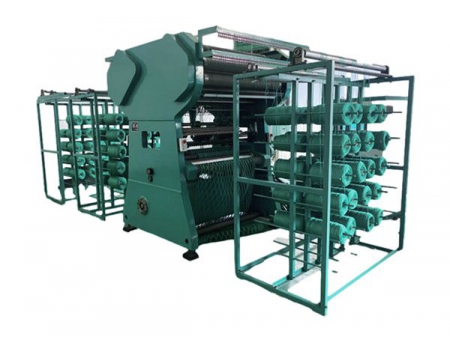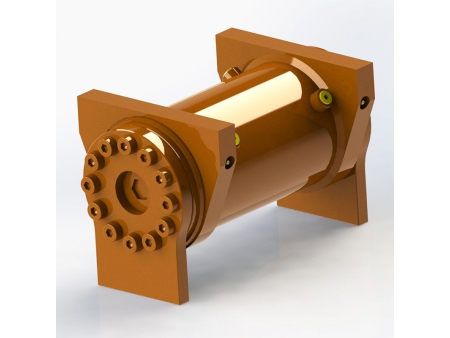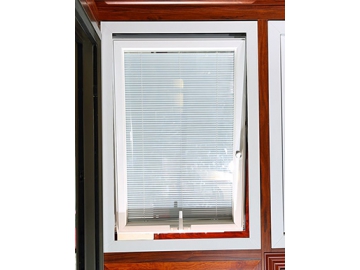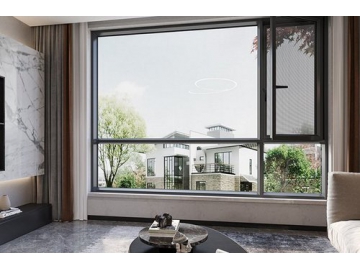Double Glazing Glass
Gas Interlayer: dry air, argon or vacuum
Spacer Type: aluminum, steel, stainless or super spacer
Spacer Thickness: 6 mm, 9 mm, 12 mm, 15 mm, 16 mm, 19 mm, 24 mm, 27 mm, and etc.
Sealant Type: PIB primary seal, polysulphide, silicone or hot melt butyl secondary seal
Glass Option: clear float glass, ultra clear float glass, tinted glass, ceramic tempered glass, and etc.
Low-E Option: single silver, double silver, triple silver
Size: min. 300*300mm up to max. 3300*12000mm, custom size acceptable
Standard: GB11944-ccc (China), EN1279-CE (EU), AS/NZ4666-CSI (Australia) and ASTM E2190 (US)
Double glazing glass, also known as hollow glass, is a type of glass component made up of two or more glass panes separated by aluminum frames with moisture-absorbing molecular sieves. The aluminum frames keep the dry gas inside the glass for an extended period while the edges are perfectly sealed using organic adhesives. This type of glass component is completely free from water vapor and dust, making it an excellent choice for those who want to enjoy clear views without any obstruction.
One of the most significant advantages of double glazing glass is its exceptional thermal insulation and soundproofing properties. This is because the air gap between the glass panels acts as an insulator which helps in keeping the indoor temperature stable and reducing noise pollution from outside.
Double glazing glass can be made from several types of glass, such as low-E glass, coated glass, art glass, laminated glass, tempered glass. Additionally, the original glass panes used for double glazing glass can come in thicknesses of 3mm, 4mm, 5mm, 6mm, 8mm, 10mm, or even 12mm, with air gaps of 6mm, 9mm, 12mm, 15mm, 19mm, 24mm, or 27mm between them. This provides flexibility when choosing the ideal glass composition that would suit specific needs.
- Double glazing glass is effective at suppressing changes in indoor temperature and has little impact on temperature fluctuations, which helps create good indoor circulation and keep the temperature stable.
- Double glazing glass has flexible optical properties and can be made with various combinations of glass with different levels of light transmission and solar reflectivity depending on the need.
- Double glazing glass has good soundproofing capabilities.
- Double glazing glass prevents condensation by having a desiccant inside that absorbs any moisture from the internal space or outside, ensuring that the gas inside remains completely dry and preventing condensation.
Double glazing glass is widely used for the external surface of buildings, glass curtain walls, refrigerated display cases, railway vehicle windows, and etc.

